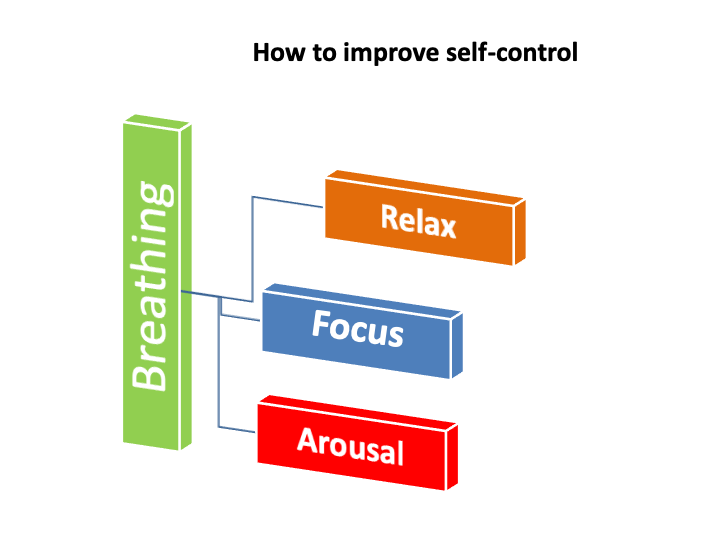It is important for a coach and psychologist to understand the basis of the psychological training.
It’s about answering the question of what aspects are the basis for mental improvement in young people. I would say that from the age of 14, one can introduce an activity centered essentially on mental education for sports. The purpose is twofold. Those who will continue in their development as athletes will begin to develop the mental skills they will need, while those who will not follow this specialized path will have had the opportunity to learn skills that will be useful to them forever.
With this approach we are always in the area of teaching what it is necessary to learn, from the mental point of view, to learn to compete effectively or successfully overcome challenging situations (even non-sporting).
- Self-control - to improve it you can start by learning to take deep breaths, it predisposes to reduce physical and mental tension, increases the concentration on training tasks and the use of visualization.
- Proprioceptive awareness - Essential for an athlete to know how to move, what are the sensations to be perceived, for example during the warm-up, to know if how I think I’m moving corresponds to how I’m really moving.
- Talking to yourself - you have to learn to talk to yourself in a way that is helpful and encouraging, in every training and competition situation. This is simple to understand but difficult to practice if you don’t live in an environment geared in this direction.
- Be task-oriented - We need to embrace the concept that “we improve through our efforts”, so the feedback I give to myself should relate first to the quality of effort and only after the result.
- Visualize the sports actions - the mental repetition of sport technique and tactics is indispensable in each part of the training process, for beginners as well as for experienced athletes.
These, in my opinion, are the main skills to be developed in young athletes at the beginning of the training process.





